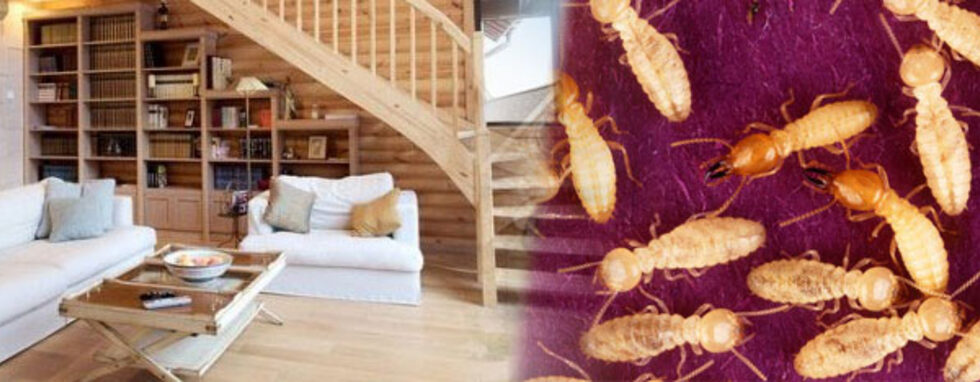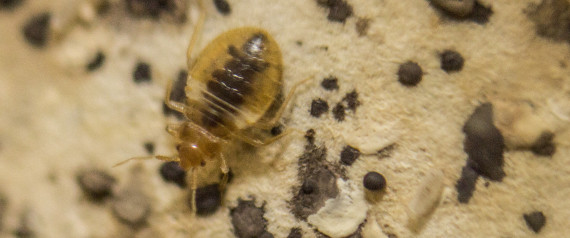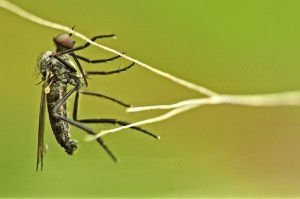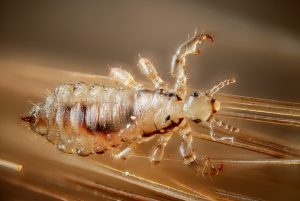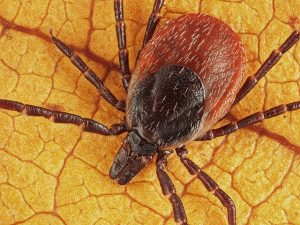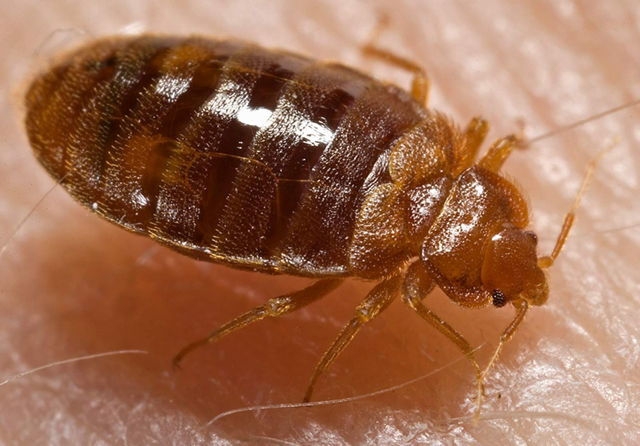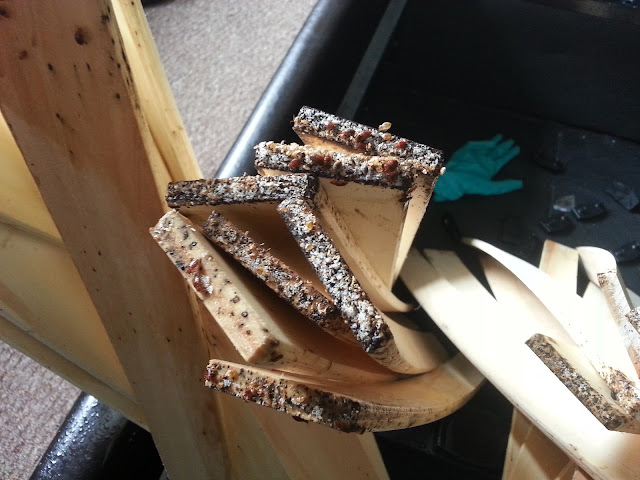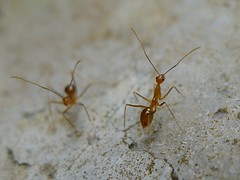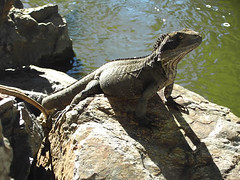 Lizard (Photo credit: TCL 1961)
Lizard (Photo credit: TCL 1961)
Lizards are truly fascinating animals. These sometimes bizarre creatures are well known for their bright colors, their fantastic senses of smell and taste, and for their finicky palates. Lizards love insects, especially live insects, and will also often devour plants such as dandelion, kale, and millet. Check out the tips below to discover which insects are best for your lizard. You may be surprised to learn that many of them may be found in your own backyard.
The Nutritional Value of Insects
Insects do not exist just to cause humans pain. They actually serve a very important purpose in the food chain. Many animals, including humans, consume insects on a daily basis for nutrition. Insects are high in protein, iron, and B vitamins, all of which supply energy to help maintain the physical body. Luckily, there is an abundance of insects on this planet, so most animals have something to eat everyday.
The Five Best Foods for Your Lizard
Most lizards are small and can be sustained on very little. For example, a bearded dragon may consume 1-3 worms for the entire day, although it may consume more depending on its level of hunger. It is important to not force-feed any animal beyond what its natural hunger dictates. However, when choosing which foods to give your lizard, consider the following options:
- Crickets. Crickets are among the most nutrient-dense of the insects that are easily accessible. Not only can you purchase crickets at practically any pet or reptile store, you may, in fact, have some wandering around your house, place of business, school, or backyard. Crickets are full of proteins and B vitamins.
- Worms. Although not attractive, worms play an integral part of any reptile’s diet. These creepy, slimy, and crawly critters provide valuable protein and some dietary fat, which is essential for maintaining the health of any animal, be it reptile or otherwise.
- Beetles. In the wild, reptiles will often eat any insect that is small and non-threatening. Beetles make up the diet of many reptiles, including lizards, and also provide a host of nutrients, such as proteins, vitamin B, and phosphorus.
- Grasshoppers. Again, you may find these lively insects in your own backyard. These critters are packed full of protein, even more so than crickets. When compared gram for gram, live grasshoppers contain almost twice the amount of protein that crickets do. For every 100 grams of live crickets, a lizard will get almost 15 grams of protein!
- Spiders. If you need to get rid of a spider and you own a lizard, then you are in luck. Lizards will consume small spiders whenever the opportunity arises, as these insects are packed full of proteins and dietary fat.
Depending on the species, your lizard may also eat plants. These omnivores aren’t generally finicky, yet still may turn their noses up at certain foods. It is best to give lizards many types of foods, based on their biological needs and wants, and see which foods they prefer.




